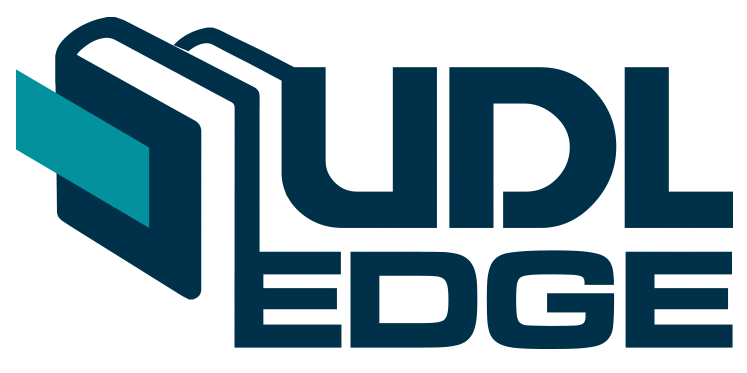THE PARADOX OF TRADITIONAL BOAT-MAKING: INDIGENOUS KNOWLEDGE VS. GLOBALIZATION
Keywords:
indigenous knowledge;, traditional boat making, sustainable livelihoodAbstract
A master craftsman builds a boat based on his excellent skill, knowledge, photographic memory and dedication. Today, traditional boat making in Malaysia appears to be a dying trade. The indigenous knowledge is fighting a losing battle with knowledge economy, a cohort of globalization. Indeed, globalisation has been knocking our doors since the days of Parameswara in 1400’s. The difference then and today is on the conduct of the visits. The merchants from the West Asia brought their religion, Islam and knowledge, together with their goods. Today, globalization enters one’s home through cyber technology. It demolishes borders, redefines rules, creates new culture, constructs new markets and wealth as well as discontents. Globalization brought employment opportunities to the needy. Yet, multinational corporations, due to their aggressive promotion through the media have created new consumerist culture. The global economy, supported by globalization, changes the way the local population views their traditional livelihood and ways of life. Indigenous knowledge faded into the background. Once a flourishing trade, traditional boat-making and repair work is facing serious problems with regards to its sustainability. Foreign craftsmen from Thailand are flooding the job-market in Kelantan and Trengganu. This paper is based on a research concerning the indigenous knowledge of boat-making and repair at the Eastern Coast of Peninsular Malaysia, which aims to address issues, challenges and limitation of its existing situation. It is timely that an effective mechanism is instituted to protect this valuable indigenous knowledge.
Downloads
Downloads
Published
How to Cite
Issue
Section
License
Articles submitted to the journal should not have been published before in their current or substantially similar form, or be under consideration for publication elsewhere. Authors submitting articles for publication warrant that the work is not an infringement of any existing copyright and will indemnify the publisher against any breach of such warranty. For ease of dissemination and to ensure proper policing of use, papers and contributions become the legal copyright of the publisher unless otherwise agreed. By submitting a manuscript, the author(s) agree that copyright for the article is transferred to the publisher, if and when the manuscript is accepted for publication. However, it can be reprinted with a proper acknowledgment that it was published in KATHA.

This work is licensed under a Creative Commons Attribution-NonCommercial-NoDerivatives 4.0 International License.




